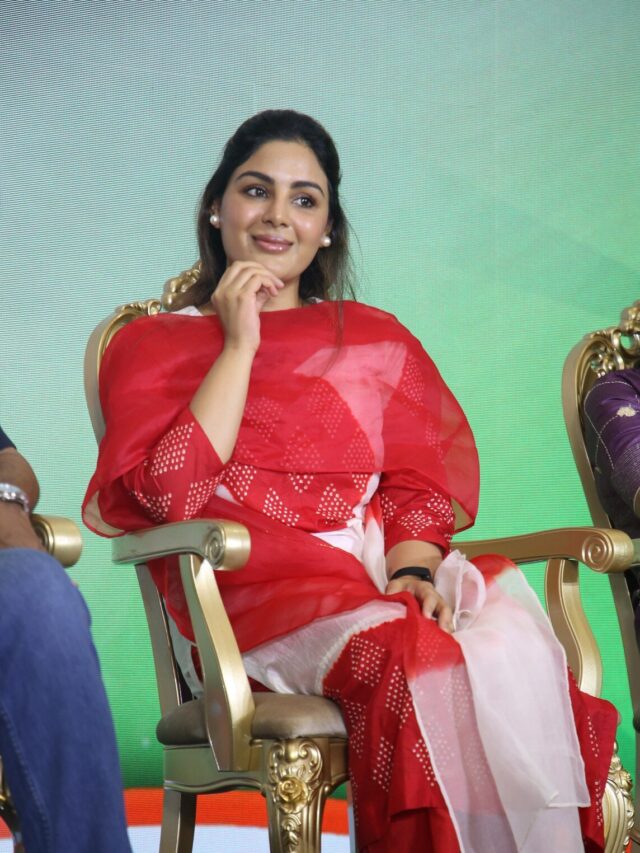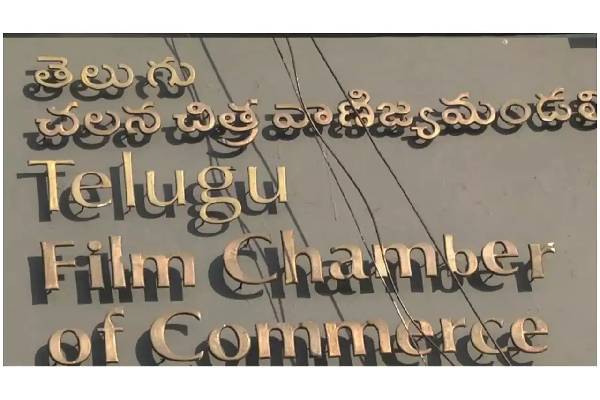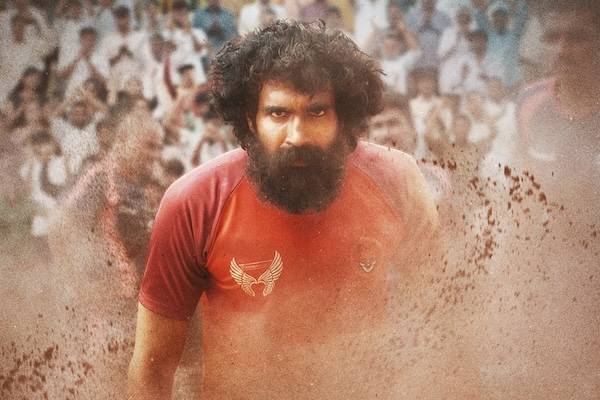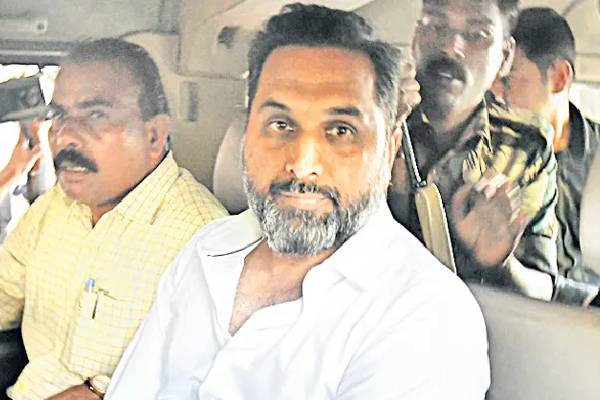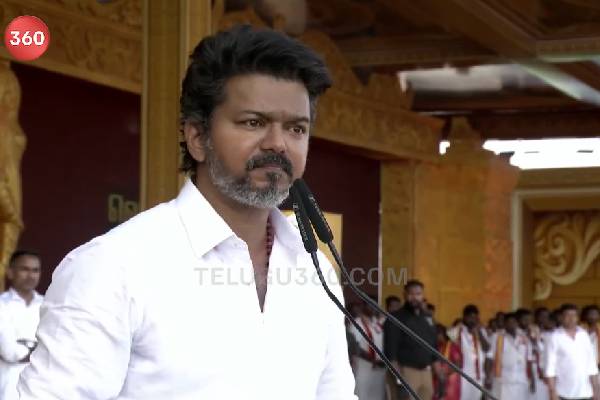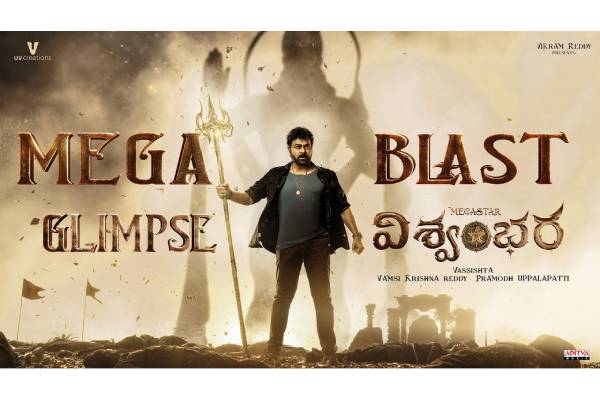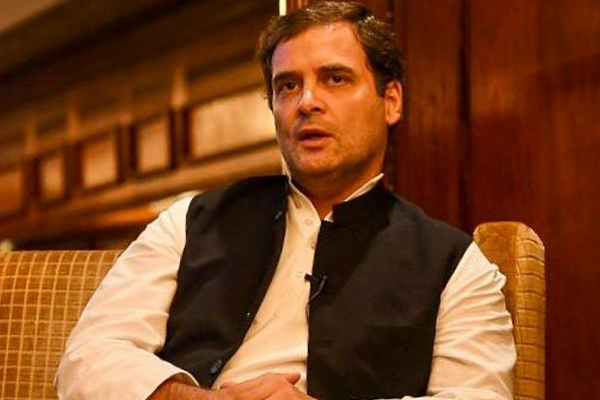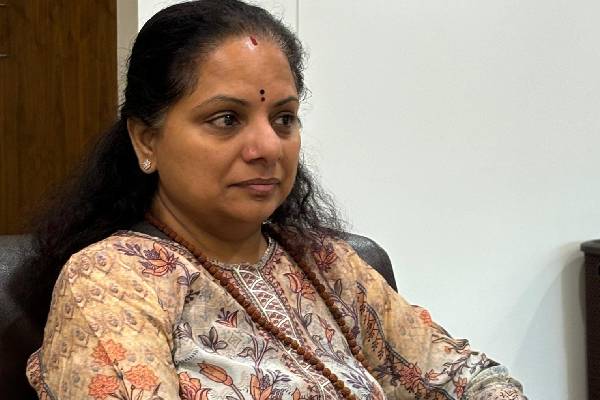Congress president Rahul Gandhi announced a Universal Basic Income scheme that will provide minimum income support of Rs 72,0000 annually to impoverished Indian families earning less than Rs 12,000 per month. The scheme will be made available to 20 per cent of India’s most poor families. The party expects it to be a game changer in its efforts to stall Modi’s juggernaut. The programme would benefit 250 million of a population of 1.3 billion. The Congress president calls it a final assault on poverty. Thus, Rahul Gandhi unveils Garibi Hatao 2.0.
“In the past five years, people had to suffer a lot. Congress wants to give justice to the poor and eradicate poverty,” Rahul said, adding that “such a well-thought scheme has not been launched by anyone in the world.”
In fact, the Economic Survey of Modi government in 2016 considered Universal Basic Income Scheme (UBI) an alternative to a host of anti-poverty and social welfare schemes being implemented by central and state governments. Rahul Gandhi said that such a scheme has never been implemented anywhere in the world. But, it’s nothing but another name for the much debated and much disputed Direct Cash Transfers scheme.
In Switzerland, a referendum on June 2016 on UBI for the country had seen an overwhelming 77 per cent of the voters rejecting this. The NITI Aayog has already said India does not have necessary financial resources for the project. But, if the government really wants it can certainly find finances to implement it. Rahul Gandhi’s minimum guarantee scheme requires 3.6 lakh crores. This is around 13 per cent of the central government budget. In fact, the government of India loses revenue to the tune of 6 lakh crores due to myriad tax concessions.
Will the UBI be an alternative or another add-on to existing social welfare schemes, this is the moot question.
If UBI does away with PDS and MGNREGS, it would affect food security and further deepen farmers’ distress.
The other alternatives suggested is, to begin with implementing a universal basic pension and a decent minimum wage for all working people. Before embarking upon such ideational shifts in welfare policies, the government should author an economic policy regime that addresses the problem of humongous income inequalities.
The advocates of such schemes argue that there are leakages in the implementation of welfare schemes and therefore giving cash directly to the poor is a better idea. But, the paradigm shift away from the conventional approach to welfare is not without its share of implementation problems. If it’s truly a basic income to meet the basic needs of the people, it would entail a massive financial requirement. This requires massive taxation. Such indiscriminate high taxation can have negative consequences for the economy too. The basic income, when transferred in the form of cash, would be subject to constant devaluation due to inflation.
The cash transfers thus turn the Universal Basic Income into neither universal nor basic but a prescribed income for the targeted, whose value would see depreciation. Instead, the government should author a robust public policy regime that guarantees universal basic needs like education, health, nutrition, sanitation, drinking water etc. Any rollback of the public distribution system, mid-day meals, jobs scheme etc., would further erode India’s human development status.
( Prof.K. Nageshwar is India’s noted political analyst. He is a former member of the Telangana Legislative Council and professor in the Department of Communication & Journalism, Osmania University, Hyderabad, India )


















